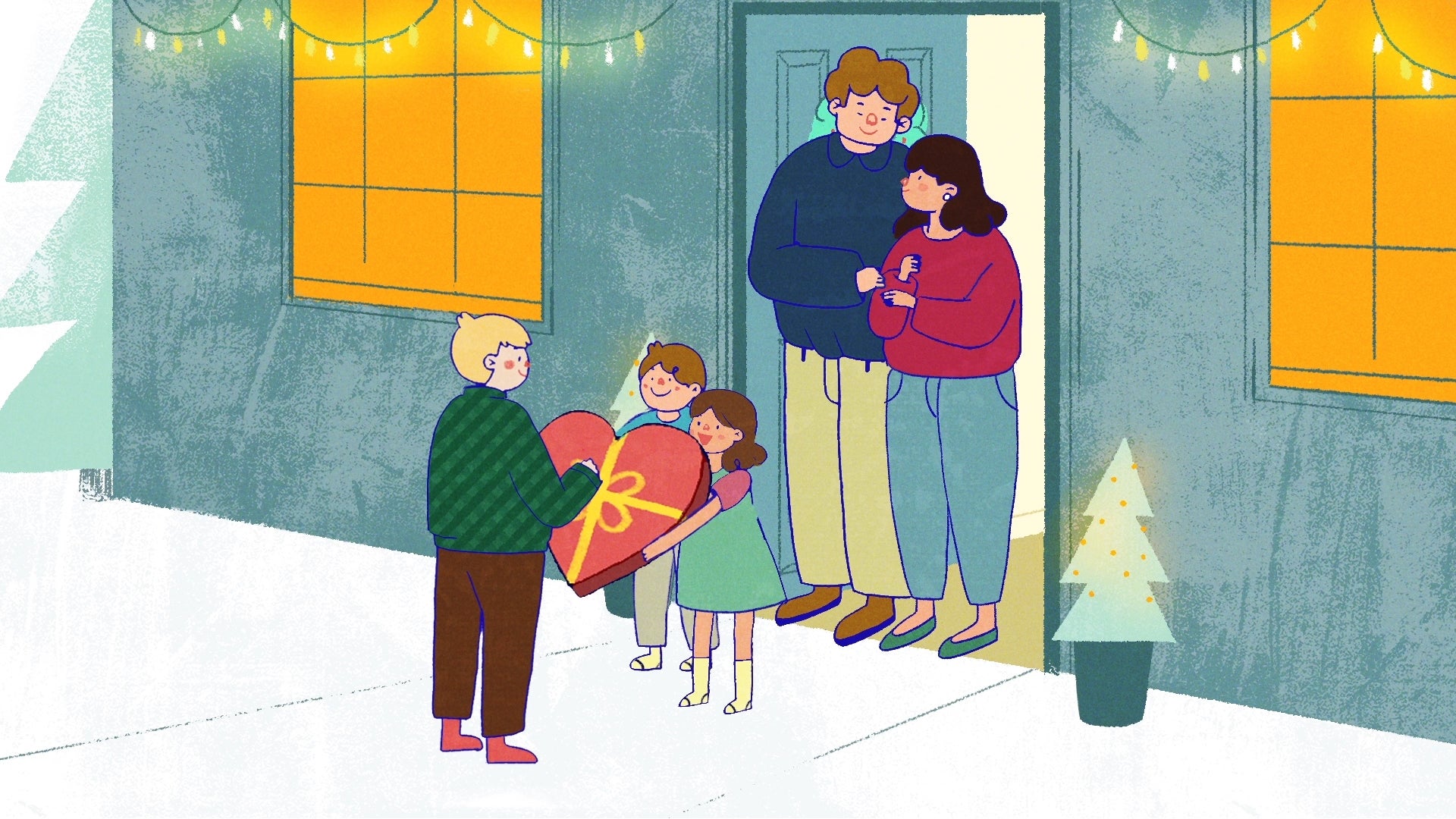I’m not sold on the new John Lewis advert – customers can make their own choices
Charity is obviously important at the moment, as is saving iconic shopping brands we might lose. But I’m not sure this is the way to do it, writes Janet Street-Porter


It’s been a crap year for retailers. Everyone, except supermarkets and Amazon (naturally), is struggling to stay afloat.
From small shops to iconic department stores, profits have plummeted. Currently, high streets are grim and deserted, as the majority of retailers remain closed unless they are selling government-approved “essentials”. That’s hard if your business sells beautiful sweaters, pretty shoes, rugs, paintings and prints – anything that might lift the spirits as a seasonal gift to a loved one (or yourself).
In spite of a slight uptick during the summer, one in five stores will now have closed for good. That includes household names like Monsoon, Cath Kidson, Warehouse and more than 20 branches of Debenhams. The survivors are pinning their hope on Christmas.
But even if a coronavirus vaccine magically arrives in time, Christmas 2020 will be unlike any other. Who knows what the rules will be (no doubt Boris Johnson will draw them up on a cigarette packet a couple of weeks before, if we’re lucky). However, whatever the limitations on our social lives, festivities have already kicked off in the traditional manner – with expensive, life-affirming television advertisements featuring hysterically happy people feasting on spreads of sausages, turkey and all the trimmings.
In spite of an economic downtown, soaring levels of personal debt and thousands of redundancies, ITV says spending on advertising is up 6 per cent in November and it expects the total to be higher than 2019. The big supermarkets like Sainsbury, Tesco and Aldi are fighting for our custom. Marks and Spencer might have just posted its first loss but is spending a fortune on Christmas ads, hoping we’ll continue choose its sweaters, slippers, and underwear as if nothing has happened between last Christmas and this one. For the brand to be in better shape to survive 2021, seasonal spending must continue as before, on luxury mince pies, shortbread, socks and fleecy pyjamas.
These ads want to divert us from the real world, the tens of thousands of deaths, grannies sitting marooned in care homes, unable to see anyone smile as staff are forced to wear masks 24/7. We must forget all the cancer sufferers waiting for an appointment, or Uncle Ray’s knee replacement, postponed indefinitely. Instead, we should focus on the antics of Kevin the Carrot and everything will feel so much more bearable. But will it?
Given all we’ve been through, does it seem right to splurge on Christmas as if nothing has happened?
This weekend, John Lewis unveils its contribution to the genre, entitled “Give a Little Love”; it has a seductive original soundtrack by Celeste, sounding a bit like a modern Lena Horne. John Lewis claims the ad isn’t about anything as common as shopping – it aspires to higher territory than base consumerism.
“Give a Little Love” is a hymn to togetherness, raising funds for two charities Fare Share and Home-Start, with a special range of heart-themed merchandise, and a separate short commercial designed to direct us to personal donations, which John Lewis will match up to £2m.
In the end, no matter how enjoyable and engaging, the prime purpose of the ad is promoting this once iconic brand. It’s a costly exercise designed to lure us away from the clutches of faceless Amazon and back into the arms of John Lewis, the company that cares about the poorest in society. As for the timing, the company will soon announce its first-ever loss. The story of the funky pigeons and the hedgehog who wants to fly will be viewed millions of times online, but will it change the fortunes of John Lewis?
I admire the brand and regularly shop there. But I can’t see why its social conscience has to be dished up as part of the usual Christmas consumerism. It would have been more honest of the store to say: “We need your patronage to survive and compete with Amazon – and we will donate a percentage of all sales to charity.” I am not sure why the public should have to give to charity via John Lewis, which is a company seeking to make profits, at the end of the day. It is not an NGO, the Princes Trust, Oxfam or Save the Children. Its owners are shopkeepers, and their dilemma is that we have stopped shopping and started clicking. If I want to give to charity, I give the money directly.
According to PricewaterhouseCoopers (PwC), this second lockdown has seen consumer confidence plummet to minus 10, the worse rating since Covid-19 arrived at the start of the year. PwC says it expects it to return – providing shops can reopen after 2 December. But what if the public have changed their mind about how to celebrate Christmas?
Only one in ten of us say we are going to return to living the same as before when the pandemic finally peters out. A third of us say we want to save more and go out to shops less. Doesn’t it feel a bit gross to be planning to buy stuff we won’t wear to events that aren’t going to take place? To stuff ourselves sick when thousands of older people are sitting in care homes unvisited and isolated, as the government still dithers about how to improve their lot? And all while more people than even are using food banks?
John Lewis is already accepting the inevitable change in consumer behaviour. Under new boss Dame Sharon White, survival plans are under way – eight department stores have closed, along with seven branches of Waitrose, and there are plans to use the sites for new housing. Staff bonuses for 2021 have been cancelled. There are plans to focus more on homeware and less on fashion and to start a gardening centre business. The store is even investigating allowing customers to rent some products (like furniture) as well as selling refurbished secondhand ones like laptops and sofas.
Are we saving John Lewis or helping the needy? Consumers can make their own choices – they don’t need a cute ad that would have paid for thousands of free Christmas dinners.




Join our commenting forum
Join thought-provoking conversations, follow other Independent readers and see their replies
Comments